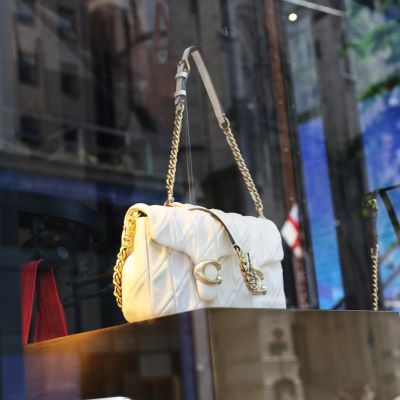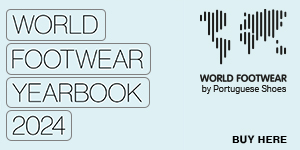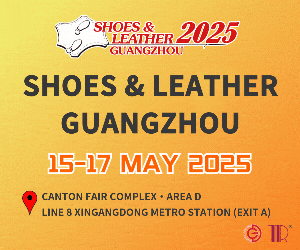US Court blocks Tapestry’s acquisition of Capri

A US court has blocked the pending 8.5 billion US dollars merger between Tapestry and Capri with a preliminary injunction, marking a victory for the US Federal Trade Commission (FCT)
The US District Court for the Southern District of New York blocked the proposed merger between Tapestry and Capri. This is a victory for the FTC, in the context of a market where challenges to mergers are rare. The deal would have brought six brands underneath a single umbrella: Tapestry’s Coach, Kate Spade and Stuart Weitzman; and Capri's Versace, Jimmy Choo and Michael Kors.
The two companies have already announced that they will appeal. “Today’s decision granting the FTC’s request for a preliminary injunction is disappointing and, we believe, incorrect on the law and the facts”, said Tapestry in a statement.
“Tapestry and Capri operate in an industry that is intensely competitive and dynamic, constantly expanding, and highly fragmented among both established players and new entrants. We face competitive pressures from both lower- and higher-priced products and continue to believe this transaction is pro-competitive and pro-consumer. We intend to appeal the decision, consistent with our obligations under the merger agreement”.
FCT argued that the merger would have eliminated fierce head-to-head competition between the top two US handbag makers and created a giant company with the power to unfairly raise prices for consumers. On the contrary, Tapestry and Capri said the deal was driven by a highly competitive US handbag industry and was needed to fight back against European rivals such as LVMH and Kering.
US District Judge Jennifer Rochon rejected the companies' defence, including their argument that handbags are non-essential items whose price consumers can control by not buying them if they become too expensive. That argument “ignores that handbags are important to many women, not only to express themselves through fashion but to aid in their daily lives”, he said.
According to Reuters, Henry Liu, director of the FTC’s Bureau of Competition, called the decision “a victory not only for the FTC, but also for consumers across the country seeking access to quality handbags at affordable prices”.
Image Credits: finance.yahoo.com



















